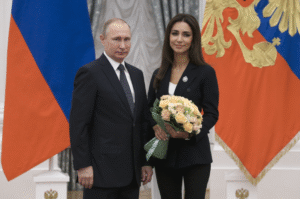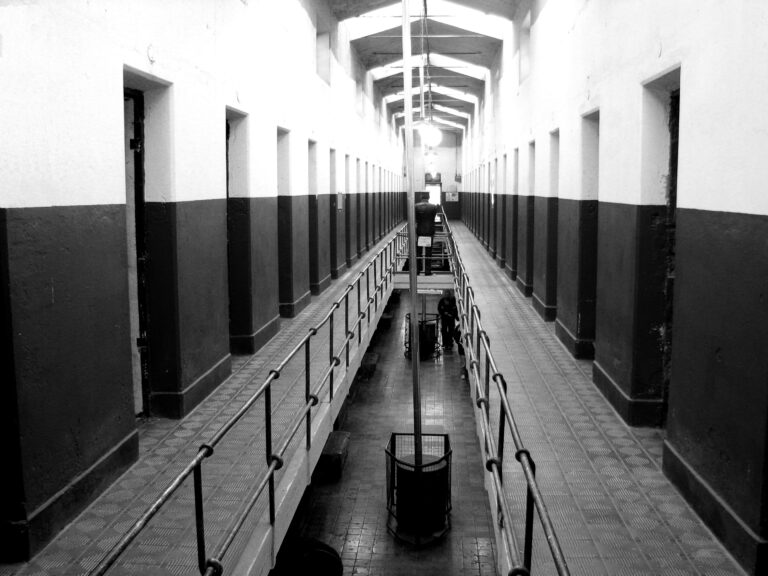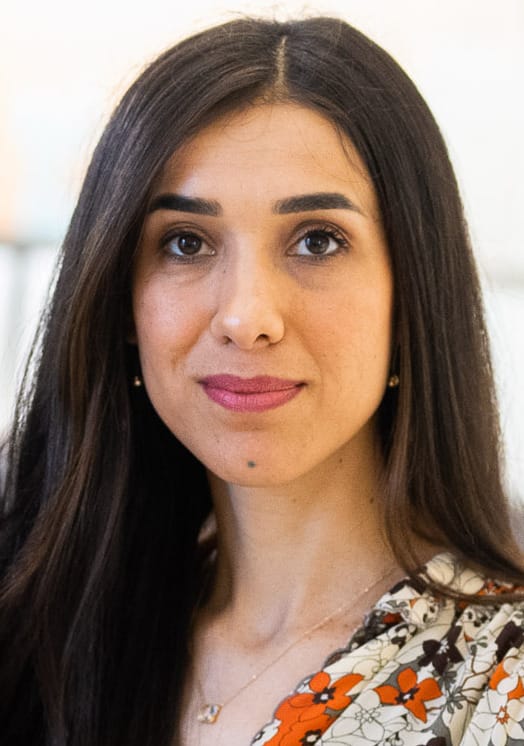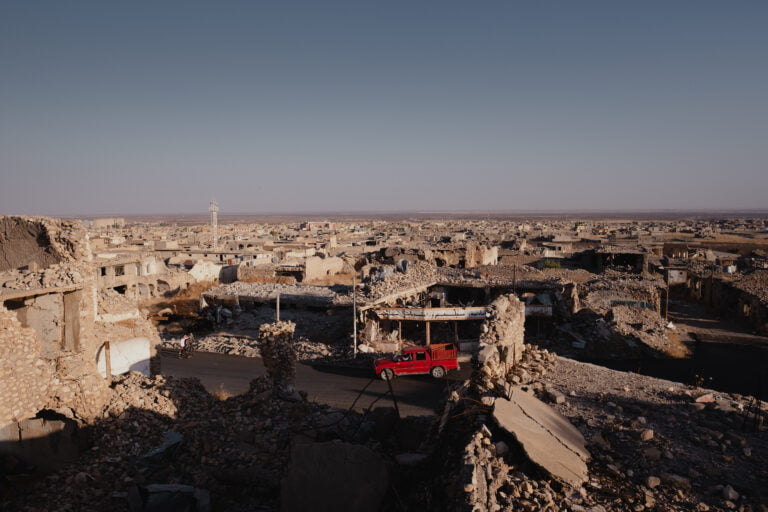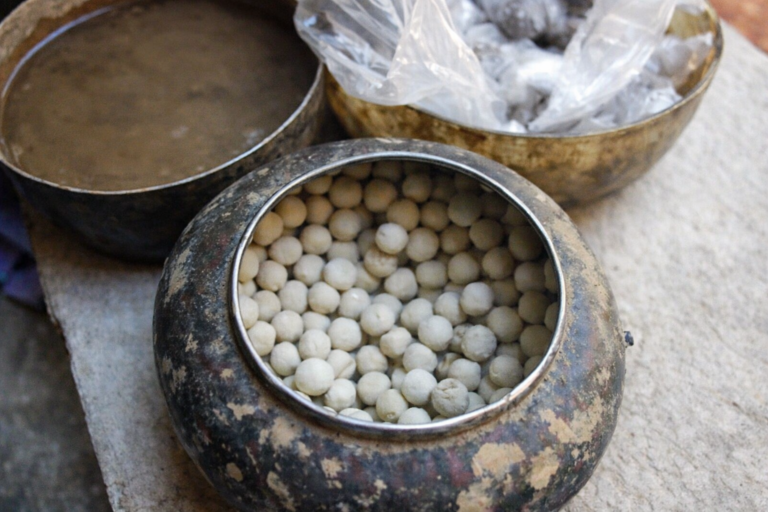Ezidi Times is sharing this article about the Indigenous peoples of Australia to show the long history, culture, and struggles of ancient peoples who, like the Ezidi, have faced colonisation, loss of culture, and injustice. The Aboriginal and Torres Strait Islander peoples have their own languages, traditions, and strong connection to their land. They have gone through similar challenges as the Ezidi, including being forced from their homes and having their culture suppressed.
By sharing the story of Indigenous Australians’ strength and survival, we want to build understanding and support among all indigenous and persecuted peoples. This article reminds us why it is important to protect our identity, recognise past and present wrongs, and stand up for the rights of ancient peoples seeking justice and respect.
Indigenous Australians

Who are the Indigenous Australians?
Aboriginal and Torres Strait Islander (First Nations) peoples are the original inhabitants of Australia. Rather than a single group, they are made up of hundreds of distinct groups, each with its own language, history, and cultural traditions. It is estimated that Aboriginal and Torres Strait Islander peoples have lived on this continent for over 60,000 years.
Historically, their ancestors migrated from Asia, most likely through Southeast Asia, to settle in Australia. During this time, significant changes in sea levels exposed more land and shortened distances between islands. Despite these shorter distances, early inhabitants still had to cross bodies of water and are believed to have used watercraft to travel across the seas.
Indigenous Australians are thought to descend from a single founding population that arrived in Australia and gradually spread across the continent. After their arrival, their ancestors remained isolated from the rest of the world’s populations for tens of thousands of years. Over time, the continent became home to many diverse Aboriginal groups who sustained a rich and complex hunter-gatherer lifestyle. They lived without contact with industrialized societies until the British arrived in 1788.
At one time, between 200 and 250 Indigenous languages were spoken across Australia and nearby islands. Although many of these languages have now become extinct or endangered, some are still spoken by around 70,000 people. Colonisation, forced assimilation, cultural suppression, and the dominance of English have all contributed to the decline of these languages. Through language, storytelling, performances, protection of sacred sites, and the teachings of Elders, First Nations communities preserve and pass on their knowledge, traditions, ceremonies, and cultural practices from generation to generation. These practices are crucial to maintaining cultural identity and history.
For First Nations peoples, cultural elements such as connection to the land, a sense of belonging, and spirituality are essential for mental and emotional well-being, as well as social development. Songs, dances, and stories are ways Aboriginal peoples express their deep relationship with the land. For thousands of years, Indigenous cultures and environmental knowledge have been carefully handed down, enabling Aboriginal peoples to sustain and share their heritage and wisdom across generations.

History – Colonisation and Its Impact on Aboriginal and Torres Strait Islander Peoples
The arrival of the British in 1788 marked the start of colonisation in Australia. The land was treated as a colony to be settled, not as a place already home to Indigenous peoples. British colonists claimed Aboriginal land under the false idea of “terra nullius,” meaning “land belonging to no one.” This ignored the deep cultural and spiritual ties that First Nations peoples had with their land and allowed for widespread dispossession and displacement.
To assert control and impose their way of life, the British introduced harsh policies aimed at destroying Indigenous cultures. These policies caused lasting harm, including poor health, shorter life expectancy, and ongoing social disadvantages. Colonisation brought war, famine, racism, violence, and new diseases like smallpox and influenza, which devastated Indigenous communities.
Women and children among Aboriginal and Torres Strait Islander peoples were especially vulnerable. Many were kidnapped, abused, or worse. Massacres and violent attacks were common—records tell of communities being forced off cliffs, mass shootings, and food being poisoned. It’s estimated that nearly 20,000 Indigenous Australians died due to colonial violence, with another 1,500 to 3,000 deaths during frontier conflicts. At colonisation, around 320,000 Indigenous people lived in Australia, mostly in the southeast and along the Murray River valley.
Assimilation policies aimed to erase Aboriginal identity by banning cultural practices, languages, and customs. Indigenous peoples were forced from their lands and relocated to missions and reserves, where they often could not practice their traditions. This caused a significant loss of cultural knowledge and identity.
One of the worst legacies is the Stolen Generations. From early colonisation until the 1970s, thousands of Indigenous children were taken from their families by government policy. The goal was to assimilate them into white society. Children of mixed descent, especially, were targeted due to their lighter skin. Many were placed in institutions or adopted by non-Indigenous families, where they often suffered neglect, physical and sexual abuse, forced labour, and loss of culture and family contact. Their names were changed, and they were punished for speaking their languages or practicing their heritage. This caused deep, lasting trauma still felt today.
Colonisation also caused major social disruption. Indigenous Australians were denied basic rights and faced systemic racism in healthcare, jobs, housing, and justice. Despite many serving in the Australian armed forces—especially in World War II—they only gained the right to vote in federal elections in 1962. In 1967, a referendum recognized Aboriginal people as citizens and included them in the national census. In 1992, Australia’s High Court officially overturned “terra nullius,” finally acknowledging Indigenous peoples had lived on the land for tens of thousands of years.
Today, over 700,000 Aboriginal and Torres Strait Islander people live across Australia, making up about 3% of the population. But the effects of colonisation still impact their lives. Many face economic hardship due to lower education and employment, limited access to services, and ongoing marginalisation. These factors contribute to serious health gaps between Indigenous and non-Indigenous Australians—known as “the Gap.”
In 2008, all Australian governments launched the Closing the Gap initiative to tackle these issues. It set six measurable targets to improve health, education, and employment for Aboriginal and Torres Strait Islander peoples. Despite some progress, many challenges remain.
Despite these hardships, Indigenous Australians remain resilient. Their customs, traditions, and kinship systems survive, supported by a strong connection to land and community. They continue to fight for recognition, justice, and healing.
One ongoing source of tension is unresolved historical injustice. These tensions show in current issues like the failed 2023 referendum on the Indigenous Voice to Parliament. This referendum sought to create a constitutionally protected advisory body to represent First Nations voices in national decisions. Many Indigenous people saw it as a step toward reconciliation and self-determination, but it was rejected by most voters, leaving many feeling unheard and disillusioned.
Similarly, Australia Day on January 26 remains controversial. For many First Nations peoples, it marks the start of invasion, dispossession, and cultural loss—not celebration. Land rights disputes, like the destruction of Juukan Gorge in 2020, highlight ongoing disregard for Indigenous heritage in favour of economic interests. Aboriginal and Torres Strait Islander peoples also face systemic inequalities, especially in the justice system, where they are overrepresented in prisons and deaths in custody. These problems are rooted in intergenerational trauma from past policies like assimilation and the Stolen Generations. Racism, marginalisation, and poor political representation fuel mistrust in institutions. Without honest truth-telling, real reform, and respectful inclusion, these tensions will continue, blocking progress toward justice and unity.
In 2008, Prime Minister Kevin Rudd formally apologized for the Stolen Generations. This apology was a major step toward reconciliation. Many Indigenous and non-Indigenous Australians witnessed the moment, with survivors and their families expressing relief and hope.
Closing the Gap remains a key government program aimed at improving life outcomes for Indigenous Australians. It focuses on partnership with Indigenous communities and respects their right to participate in decisions. Though progress is slow and some targets unmet, it is an important effort toward equality and justice.
National Sorry Day, held every May 26, honors those Indigenous people forcibly removed from their families. It is a day to recognize survivors’ resilience and reflect on collective healing for individuals, communities, and the nation. While deeply significant to First Nations peoples, the day is also respected across Australia as a moment of remembrance and respect.
Despite centuries of colonisation and ongoing challenges, Indigenous Australians have preserved their cultural identity, language, and connection to land. As they seek justice, recognition, and rights, they strive for their voices to be heard, respected, and included throughout Australian society.
Prime Ministers Kevin Rudd speech:
I move:
That today we honour the Indigenous peoples of this land, the oldest continuing cultures in human history.
We reflect on their past mistreatment.
We reflect in particular on the mistreatment of those who were Stolen Generations—this blemished chapter in our nation’s history.
The time has now come for the nation to turn a new page in Australia’s history by righting the wrongs of the past and so moving forward with confidence to the future.
We apologise for the laws and policies of successive Parliaments and governments that have inflicted profound grief, suffering and loss on these our fellow Australians.
We apologise especially for the removal of Aboriginal and Torres Strait Islander children from their families, their communities and their country.
For the pain, suffering and hurt of these Stolen Generations, their descendants and for their families left behind, we say sorry.
To the mothers and the fathers, the brothers and the sisters, for the breaking up of families and communities, we say sorry.
And for the indignity and degradation thus inflicted on a proud people and a proud culture, we say sorry.
The Hon Kevin Rudd
13 February 2008
The story of Indigenous Australians, like that of the Ezidi people, is a powerful reminder of the strength and resilience needed to survive centuries of colonisation, cultural suppression, and injustice. From their example, the Ezidis can learn the vital importance of preserving their sacred faith of Sharfadin, holding fast to their identity, and speaking boldly about the truths of their history. Justice and recognition require courage and unity—not just from within the Ezidi people but also through building solidarity with other ancient peoples facing similar struggles. Though the wounds run deep, hope remains in the power of cultural survival and the determination to secure a future where the Ezidis’ dignity, heritage, and rights are fully respected and protected.

